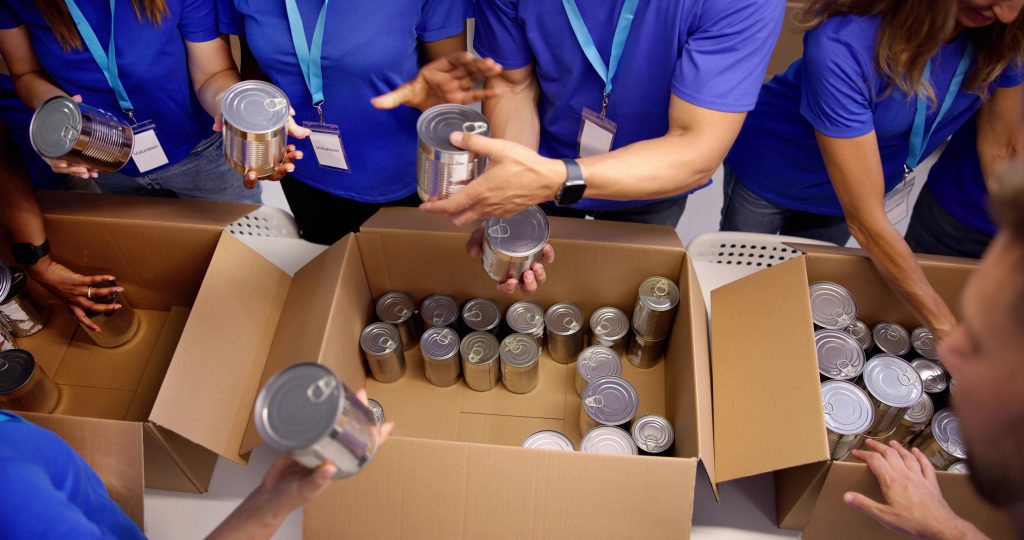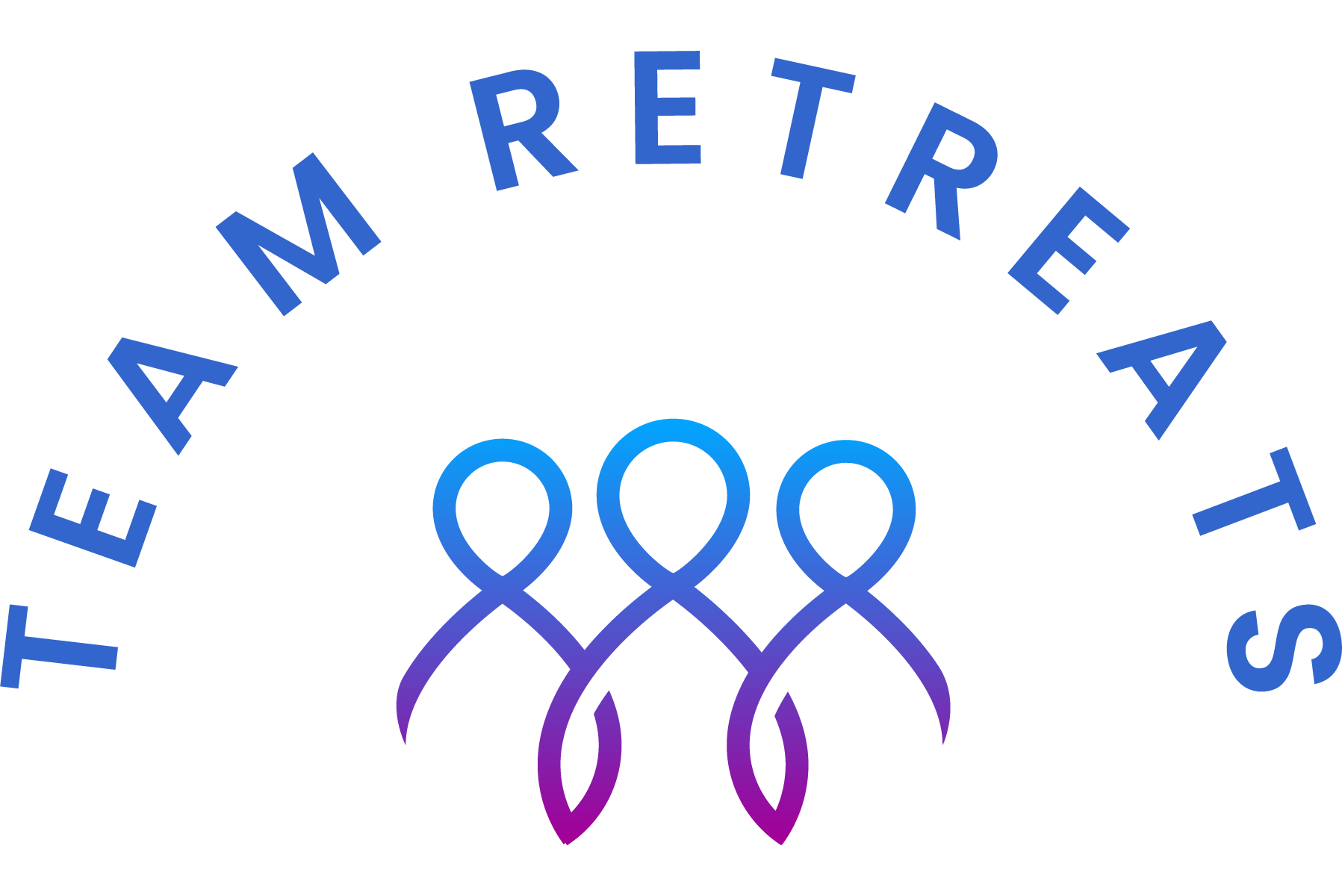Innovative Team Activities Driving Corporate Social Responsibility Forward
Imagine a world where companies do more than just chase profits; they lead the charge in fostering a better society. Welcome to the transformative world of Corporate Social Responsibility (CSR), a groundbreaking concept that empowers businesses to act as accountable citizens not only to themselves and their stakeholders but to the broader community as well. CSR is about recognizing the powerful impact businesses have on every facet of society—economic, social, and environmental—and embracing that responsibility. Dive into a range of innovative team activities that not only breathe life into the principles of CSR but also make you excited to be a part of this positive change.
Environmental Initiatives
Dive into the world of environmental initiatives, where corporate teams come together not just to bond, but to make a tangible difference for our planet. These activities do more than just build team spirit; they instill a sense of pride and achievement, perfectly marrying corporate values with the vital cause of environmental stewardship. Let’s delve into how your team can actively participate in these meaningful endeavors, transforming collective efforts into impactful results.
Planting Trees: Organizing a tree planting day is a great way for teams to step out of the office and into nature. This activity requires planning, cooperation, and physical effort, mirroring many of the dynamics of workplace projects. Teams can partner with local environmental groups or municipal parks to identify areas in need of reforestation. The act of nurturing and planting trees can be a powerful metaphor for team growth and development.


Cleaning Local Parks or Beaches: A day spent cleaning a local park or beach can have immediate visual results, boosting team morale. Before the activity, teams can be briefed on the importance of natural habitats and the detrimental effects of pollution. This activity is not just about cleaning; it’s about understanding the impact of human activities on the environment and taking responsibility. Teams can make it a regular part of their schedule, fostering a long-term commitment to their community and environment.
Adopting a Highway or Road Segment: This ongoing initiative allows teams to take responsibility for keeping a section of a road free from litter. It’s a public declaration of the company’s commitment to the community and environment. Each clean-up session can be turned into a team event, complete with reflective vests and company shirts to enhance team spirit and brand visibility.
Community Volunteering
Step into the world of community volunteering, an enriching experience that goes beyond ordinary team building. It’s a chance for corporate teams to come together, not just to strengthen their bonds, but to leave a lasting impact on the local community. By donating their time and skills to diverse organizations—be it shelters, food banks, schools, or nursing homes—teams can participate in a variety of activities. From serving meals to sharing knowledge or simply spending quality time with people across different age groups, the opportunities are vast. Let’s dive deeper into how your team can embark on this journey of community volunteering, transforming collective effort into meaningful change.
Supporting Local Shelters: Teams can volunteer at local homeless shelters, women’s shelters, or animal shelters. Activities might include preparing and serving meals, organizing donations, or providing general maintenance and cleaning. For animal shelters, teams can spend time caring for the animals, taking dogs for walks, or aiding in adoption events. These activities require teamwork, compassion, and a willingness to step into roles that may be outside the usual job scope, fostering flexibility and empathy among team members.
Contributing to Food Banks: Food banks always need extra hands, especially during holiday seasons or after natural disasters. Corporate teams can organize food drives within their company first and then spend a day volunteering at the food bank, sorting and packaging food items. This activity not only helps those in need but also requires team coordination and efficiency, mirroring the collaborative efforts needed in the workplace.
Engaging with Schools: Teams can volunteer their time and expertise in local schools, especially those with limited resources. Activities might include tutoring, mentoring, assisting teachers, or even leading extracurricular workshops related to the team’s professional skills. For instance, a team from a tech company might teach basic coding, or a marketing team might offer a simple introduction to personal branding. This not only enriches the students’ education but also allows team members to refine their communication skills and inspire the next generation.
Engaging in Skill-Based Volunteering: Beyond traditional volunteering, teams can offer their specific professional skills to non-profits or community organizations that might not otherwise have access to such resources. This could include providing free legal advice, accounting services, marketing strategies, or IT support. Skill-based volunteering not only makes a significant impact on the recipient organization but also allows team members to view their colleagues and their everyday work in a new light, fostering respect and appreciation.
Supporting Local Businesses
Embark on corporate retreats with a twist—turn these getaways into powerful opportunities to bolster local businesses, creating a ripple effect that extends far beyond your team. This approach not only enriches your team’s experience but also cultivates a deeper connection with the community, fostering a sense of responsibility and collaboration. When your team travels to new destinations, you’re presented with a unique chance to dive into the local business ecosystem. By supporting small businesses and startups, you contribute to their growth and sustainability. Let’s explore how your team can actively participate in uplifting local businesses during your corporate retreats, transforming your team-building activities into a catalyst for positive community impact.
Local Venue Selection: Choosing local venues for accommodation, meetings, and events is a direct way to support the local economy. Teams can opt for locally owned hotels, retreat centers, or conference halls, thereby investing in the local business community. Dining at local restaurants, hiring local caterers for events, and using local transport services also contribute significantly to supporting the area’s entrepreneurs.
Community-Based Team Building Activities: Incorporate team-building activities that directly involve local businesses. This might include workshops led by local artisans, culinary classes with local chefs, or guided tours with local historians or naturalists. Not only do these activities provide an authentic experience for the team, but they also create a direct channel of support to local experts and small businesses.
Local Purchasing for Retreat Supplies: For any materials, gifts, or amenities needed during the retreat, prioritize purchasing from local vendors and craftspersons. Whether it’s locally produced food, handcrafted souvenirs, or art from local galleries, buying local helps circulate money within the community and supports the livelihoods of local entrepreneurs.
Service Projects with Local Impact: Engage in service projects or volunteer activities that benefit the local area and involve working with local businesses or initiatives. This could include revitalizing a community space, assisting in a local shelter, or contributing to an environmental cleanup. Such projects not only provide meaningful team-building experiences but also help create a lasting positive impact on the local community.
Promoting Local Businesses Post-Retreat: The support doesn’t have to end when the retreat does. Teams can continue to promote the local businesses they engaged with by sharing their experiences and recommendations with others, writing reviews, or featuring them in company newsletters or social media. This extended promotion can provide ongoing benefits to the local businesses and maintain a connection between the team and the community.
Developing Long-term Partnerships: If the retreat location becomes a regular destination for the company, developing long-term partnerships with local businesses can be beneficial for all parties. This might involve exclusive deals with local vendors, repeated bookings, or ongoing mentorship and support programs. Such partnerships ensure consistent support for the local businesses and can provide enriched experiences for the team with each visit.
Investing in Local Startups: For companies with the resources, providing funding or investment to promising local startups or small businesses can be a significant form of support. This could be facilitated through local business incubators or direct partnerships. Such investments can help foster innovation and economic growth in the retreat destination, creating a lasting positive legacy.


In wrapping up, by embracing activities that bolster local businesses, dive into community volunteering, and kick-start environmental initiatives during corporate retreats, companies profoundly enrich the team-building journey, all while making a significant, positive impact on the communities and environments they touch. These efforts cultivate a deep-rooted sense of global citizenship, responsibility, and empathy within team members, enhancing internal cooperation and elevating the company’s reputation as an actively engaged, community-focused entity.
This holistic approach not only leads to a more rewarding team experience but also imprints a lasting, beneficial mark on both the company and the broader world, setting the stage for a future where corporate responsibility and team growth move forward, hand in hand. Reach out to us today—let us be your ally in organizing your next Team Retreat, where purpose meets team development!

